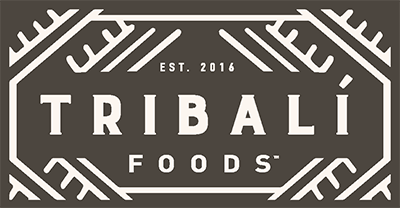
You’re probably familiar with the phrase, You are what you eat. We know that what we put directly in our bodies matters, but what about what we indirectly put in our bodies? We consume what the animal we’re eating consumed! If you enjoy eating meat but try to limit your consumption because you’ve been told red meat is bad for you and can lead to heart disease and cancer, you can go ahead and put those fears to rest. When you opt for grass-fed meat (as opposed to grain-fed), you’re actually nourishing your body and providing it with nutrients that support metabolism, hormones, a healthy weight, and your heart.
Most of the meat at grocery stores comes from concentrated animal feeding operations (CAFOs), and this is the quality that gives meat its bad reputation. Cows were born to eat grass—not grains or corn. When CAFO cows are forced to eat foods that they weren’t designed to eat, things start to look pretty bleak. Sickness and nutrient deficiencies run rampant in these cows--the factories expect this, which is why massive amounts of antibiotics are kept on hand (the feed for these cows contains about 0.25 pounds of antibiotic per 15 to 20 pounds of feed1).
Antibiotics wreak havoc on the gut flora of these cows, and then do the same to you when you eat the various cuts of meat. Without healthy gut flora, dangerous strains of bacteria flourish, digestion is impaired, and deficiencies in important nutrientsarise—nutrients like short-chain fatty acids, vitamin K2 (necessary to maintain heart and bone health), vitamin B1 (necessary for heart health), vitamin B2 (necessary to break down proteins, fats, and carbohydrates and assists energy production), and vitamin B12 (necessary for nerve, blood cell, and DNA health).
Not only do we need to worry about heavy antibiotic use in CAFO cows, but we also need to worry about the weight-promoting drugs they’re given as well. The fatter the cow, the more product there is to sell. Hormone imbalances, especially in women, are becoming more and more common, and the food we eat plays a hugerole in that. Diethylstilbestrol (DES) is an estrogen hormone that was banned from use in 1979, but showed up in beef shipments from the United States to Switzerland in 20002. The fact that something is banned doesn’t mean it’s not still used, which is all the more reason to switch from CAFO cows to grass-fed cows.
Connect with her on Instagram here and on her web site here!
1 Nutritional Therapy Association. Big Fat Lies. Nutritional Therapy Training Program, Nutritional Therapy Association. Received 13 November 2017. Course handout.
2 Haas, MD, E. M., & Levin, PhD, RD, B. (2006). Chapter 10, Nutritional Habits. In Staying Healthy With Nutrition, The Complete Guide to Diet and Nutritional Medicine(21st Century ed., p. 404). Berkeley, CA: Celestial Arts.

HELLO@TRIBALIFOODS.COM >
your mind — we’re glad to help!
hello@tribalifoods.com
your mind — we’re glad to help!
hello@tribalifoods.com








